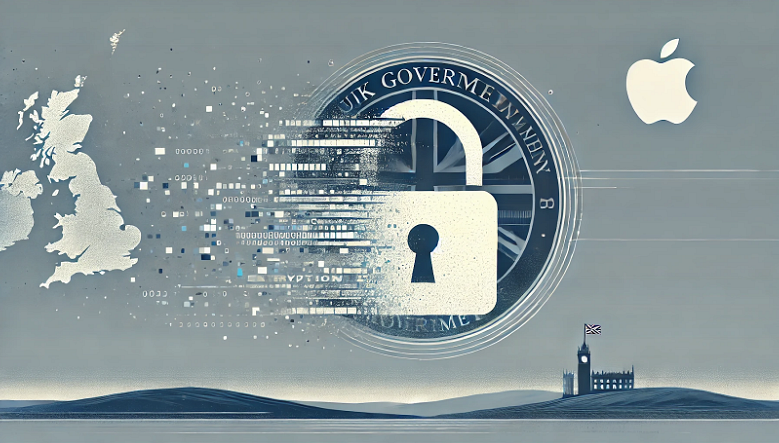UK Government Erases Encryption Advice Amid Apple Dispute

The UK government has quietly removed advice from its official cybersecurity guidelines that told high-risk individuals to enable Apple’s Advanced Data Protection (ADP), just weeks after demanding that Apple provide a backdoor that would allow the bypassing of this encryption. The removal, first spotted by cybersecurity expert Alec Muffett, affects recommendations from the National Cyber Security Centre (NCSC).
This feature, which ensures end-to-end encryption of iCloud backups, has now been withdrawn from the UK following pressure from the government.
The UK Home Office issued Apple a Technical Capability Notice (TCN) under the Investigatory Powers Act, commonly known as the Snooper’s Charter. This notice required Apple to create a backdoor that would allow authorities to access encrypted user data on iCloud.
In response, Apple disabled ADP for UK users, meaning iCloud backups, photos, and notes are no longer end-to-end encrypted, though iMessage and FaceTime remain secure.
Privacy advocates and cybersecurity experts have expressed concerns about the implications of the UK government’s actions. Apple has maintained a firm stance against encryption backdoors, stating, “We have never built a backdoor or master key to any of our products or services, and we never will.”
This move could jeopardize data security for millions, making users more vulnerable to cyberattacks and unauthorized surveillance. The government, however, argues that its measures are necessary.
The removal of encryption guidance from government websites signals a broader shift in the UK’s approach to cybersecurity. The previous recommendations for legal professionals to enable encryption have been replaced with suggestions to use Apple’s Lockdown Mode, a feature that restricts device functionality but does not provide the same level of data protection as ADP.



Please, comment on how to improve this article. Your feedback matters!